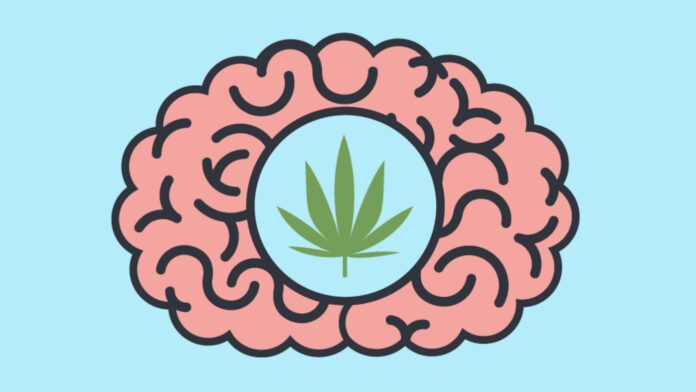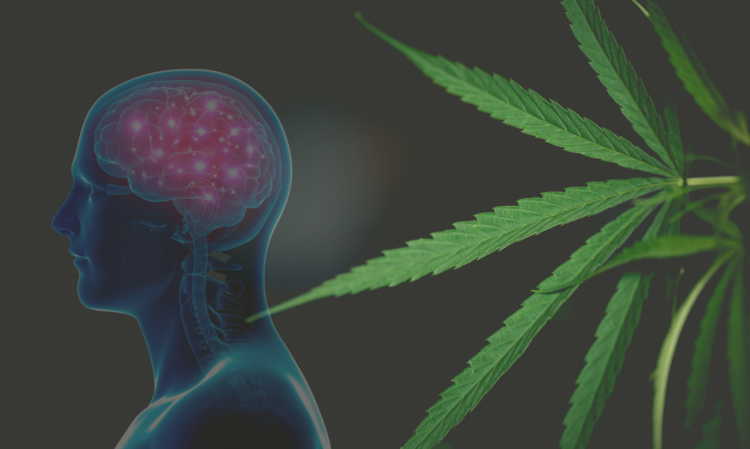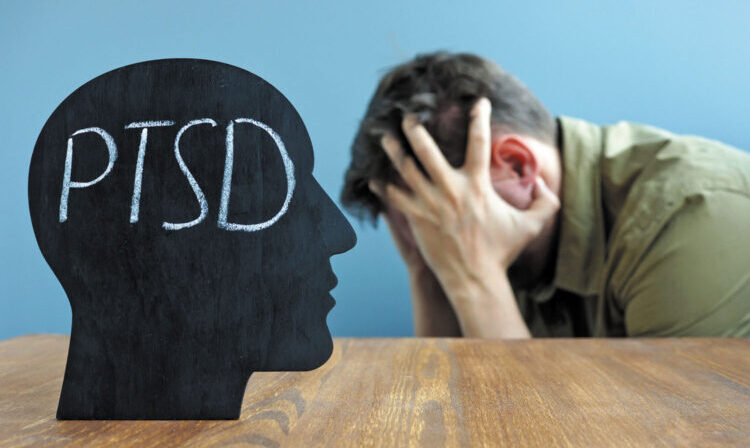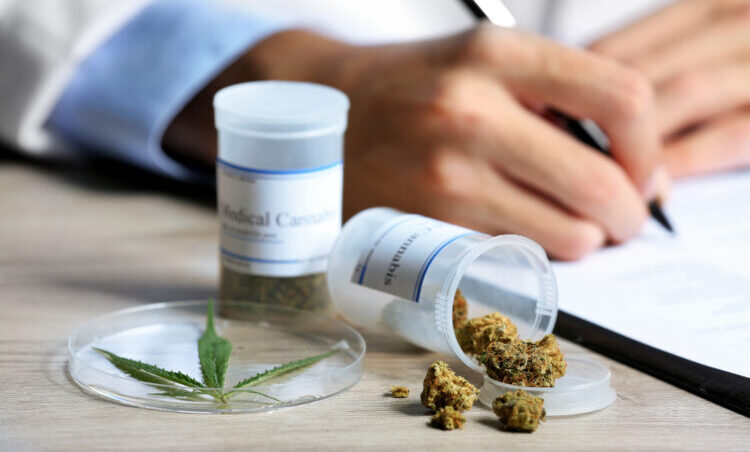
In recent years, the conversation surrounding medical marijuana and its therapeutic potential has gained significant momentum. As scientific understanding and cultural acceptance grow, the potential of medical marijuanas for mental health is becoming an increasingly important topic of discussion.
From anxiety to PTSD, medical cannabis is showing promise as an alternative or complementary treatment for various mental health conditions. This article delves into key insights and considerations surrounding the use of medical marijuana for mental health.
Understanding Medical Marijuana
Before diving into the specifics of mental health, it’s crucial to have a foundational understanding of medical marijuana.
Medical marijuana refers to the use of the Cannabis plant or its basic extracts for the treatment of various ailments. Unlike recreational marijuana, which is used for its psychoactive effects, medical marijuana focuses on leveraging its therapeutic properties.
How Does Medical Marijuana Interact with the Brain?

The human brain has an intricate system known as the endocannabinoid system (ECS). This system plays a pivotal role in regulating mood, appetite, sleep, and pain. Medical cannabis contains compounds called cannabinoids, which interact with the ECS.
The two primary cannabinoids are THC (tetrahydrocannabinol) and CBD (cannabidiol). THC produces the “high” associated with marijuana, while CBD is non-psychoactive and is often touted for its therapeutic properties.
Medical Marijuanas for Mental Health: What’s the Evidence?
The landscape of mental health treatment has evolved considerably over the years, and one of the emerging areas of interest is the potential use of medical marijuanas for managing various psychological conditions.
While the topic is still the subject of debate, a growing body of research suggests that cannabis might have a role to play in treating some mental health disorders.
Let’s explore deeper into the conditions for which medical cannabis might be beneficial:
Anxiety
Beyond the initial studies suggesting the efficacy of CBD-rich strains in anxiety management, it’s believed that CBD may alter serotonin signals. Serotonin is a neurotransmitter crucial for mood and anxiety regulation.
Low levels of serotonin are linked with depression, and certain anxiety disorders, which is why many anti-anxiety medications target the serotonin system.
With the right dosage and strain, some patients have found relief from anxiety, experiencing calmness, and reduced symptoms of stress.
This potential for anxiety relief through CBD has prompted further exploration into its mechanisms and optimal usage. Unlike traditional anti-anxiety medications, which often come with side effects such as drowsiness, agitation, or headaches, cannabis presents a potentially gentler alternative with fewer adverse effects. The nuances of its interaction with the serotonin system and the body’s endocannabinoid system suggest a more holistic approach to managing anxiety.
However, the effectiveness of CBD varies among individuals, and determining the appropriate dosage and strain is critical. It’s not a one-size-fits-all solution; what works for one person may not work for another. This variability necessitates personalized treatment plans and close monitoring by healthcare professionals.
Moreover, research into CBD’s long-term effects on anxiety is still ongoing. While early findings are promising, comprehensive studies are needed to fully understand its benefits and limitations. Patients considering CBD for anxiety should consult with healthcare providers to weigh its potential against any risks or interactions with other medications. As the scientific community delves deeper into CBD’s role in anxiety management, it’s hoped that clearer guidelines and more robust evidence will emerge, aiding those struggling with anxiety disorders in finding effective relief.
Post-Traumatic Stress Disorder (PTSD)

PTSD sufferers often grapple with recurring nightmares and interrupted sleep patterns. Some research indicates that THC, the primary psychoactive compound in marijuana, can alter the REM sleep cycle, reducing nightmares.
Additionally, medical marijuana might help stabilize mood and reduce other symptoms associated with PTSD, such as hyperarousal.
Depression
The relationship between marijuana and depression is intricate. Some strains of medical cannabis, especially those with a balance of THC and CBD, have been found to elevate mood in certain individuals.
This mood-enhancing effect, combined with the potential anti-anxiety properties, can offer a two-fold benefit for those experiencing both anxiety and depression.
Attention Deficit Hyperactivity Disorder (ADHD)
Traditional treatments for ADHD are stimulant medications, which come with a slew of side effects. Some adults and parents of children with ADHD have turned to medical cannabis as an alternative.
While it may seem counterintuitive to treat a disorder associated with inattention and hyperactivity with a relaxant, many report improved focus and reduced impulsivity. However, it’s essential to note that more rigorous research is required in this area.
Benefits of Medical Marijuana for Mental Health

Beyond the direct treatment of conditions, several overarching benefits are associated with the use of medical marijuana for mental health:
Symptom Relief
Many patients with chronic mental health conditions often find little to no relief with traditional treatments. For some of these individuals, medical marijuana has been the key to unlocking symptom relief, and enhancing their quality of life and daily functioning.
Reduced Side Effects
Traditional psychiatric medications can come with a host of side effects, from weight gain to reduced libido. Some patients have reported fewer and less severe side effects when using medical cannabis, making it a more tolerable option for long-term treatment.
Alternative to Opioids
The opioid crisis is a significant concern in modern healthcare. Patients dealing with both chronic pain and mental health disorders might find themselves on a cocktail of medications, including potentially addictive opioids.
Medical marijuana can serve as a safer pain-relief alternative, addressing both the pain and psychological symptoms simultaneously.
Enhanced Sleep Quality

Many individuals have found that medical marijuana, especially strains rich in both THC and CBD, can improve sleep duration and quality. By regulating the sleep cycle and helping patients fall asleep faster and stay asleep longer, medical cannabis can play a role in overall mental well-being.
Improved Appetite Regulation
Mental health disorders can sometimes lead to appetite disturbances, be it overeating or a lack of interest in food. Medical marijuana is known for its appetite-stimulating properties.
For those who might be under-eating due to depression or anxiety, medical cannabis can help restore a healthy appetite, leading to improved nutrition and overall health. Conversely, certain strains can also help curb excessive appetite, aiding those who might be using food as a coping mechanism.
Considerations and Cautions
While there’s potential in using medical cannabis for mental health, there are considerations to bear in mind:
- Dosage is Key: Just like any medication, the correct dosage of medical marijuana is crucial. Overconsumption can exacerbate symptoms.
- Potential for Dependency: While medical marijuana is less addictive than many substances, there’s still a potential for dependency, especially with high-THC strains.
- Legal Implications: The legality of medical marijuana varies by jurisdiction. It’s vital to be aware of the laws in your location.
- Individual Responses Vary: Everyone’s body is different. How one person responds to medical marijuana might differ from another.
Consulting a Healthcare Professional

If you’re considering medical marijuana for mental health, it’s crucial to consult with a healthcare professional who can provide guidance tailored to your specific needs. They can offer insights into appropriate strains, dosages, and methods of consumption.
Summing Up
The potential of medical marijuanas for mental health is both exciting and complex. While early evidence suggests numerous benefits, it’s essential to approach the topic with an informed, cautious perspective.
With continued research and a collaborative approach between patients and healthcare providers, the role of medical cannabis in mental health care will become even clearer.
If you like this topic, continue reading about marijuana (not the medical one) and learn what are the mental and physical effects you should be aware of before consuming.











